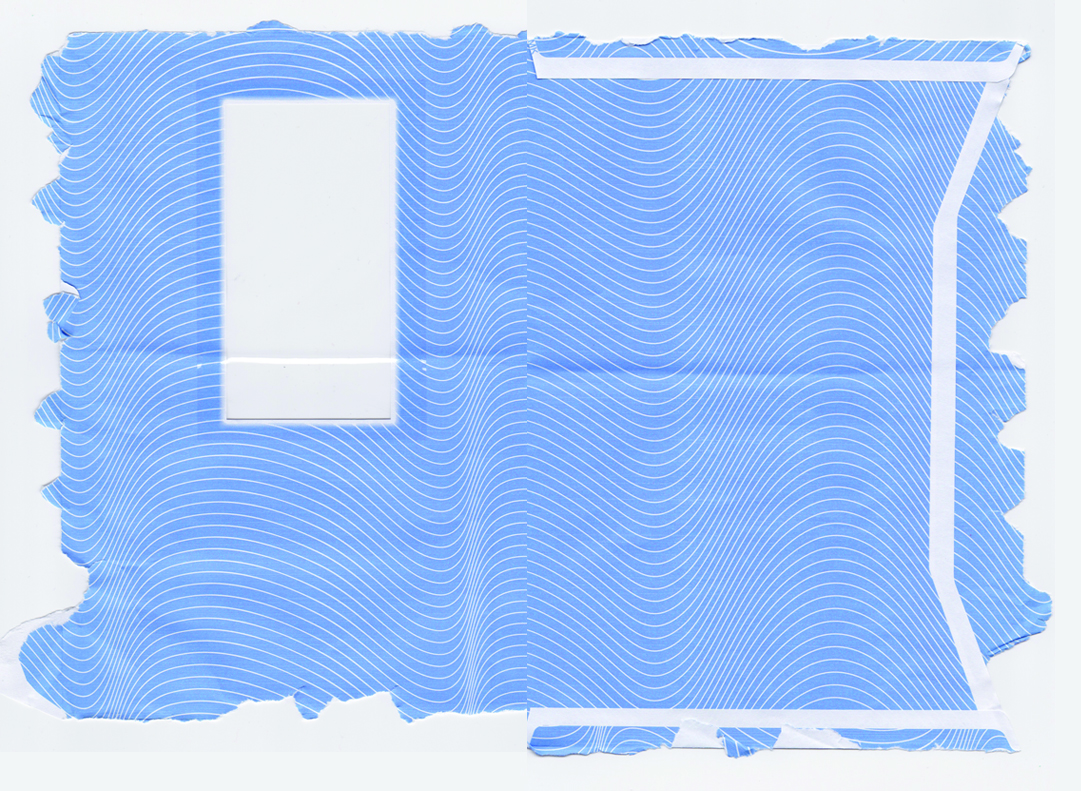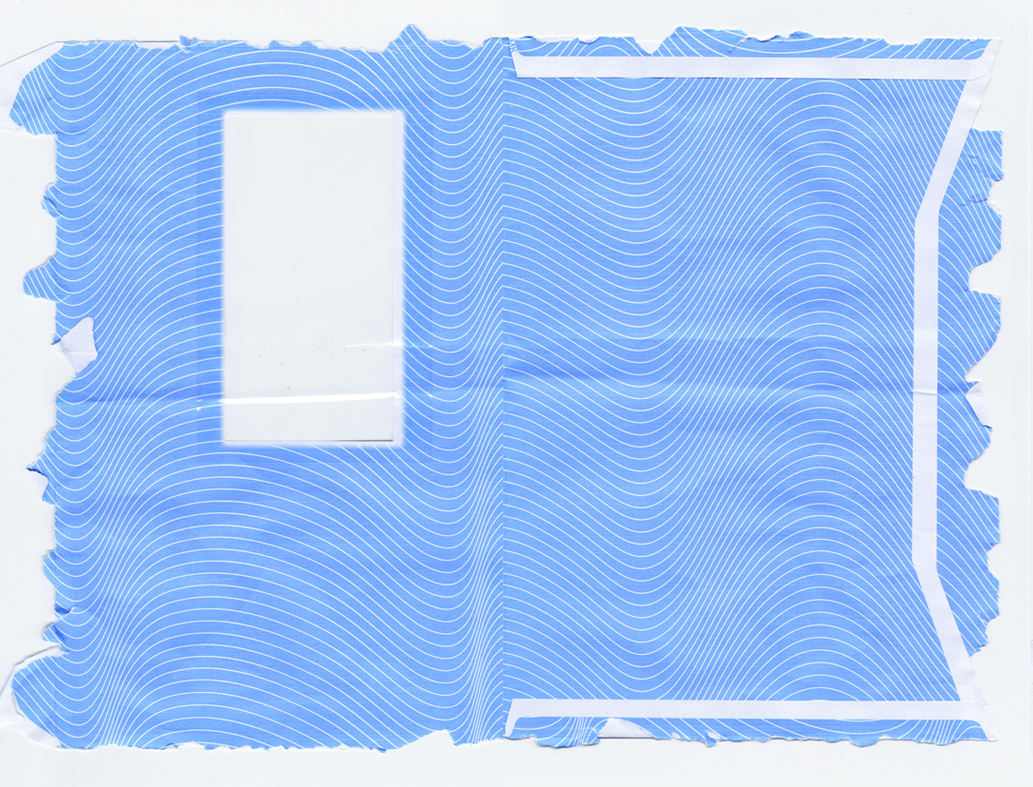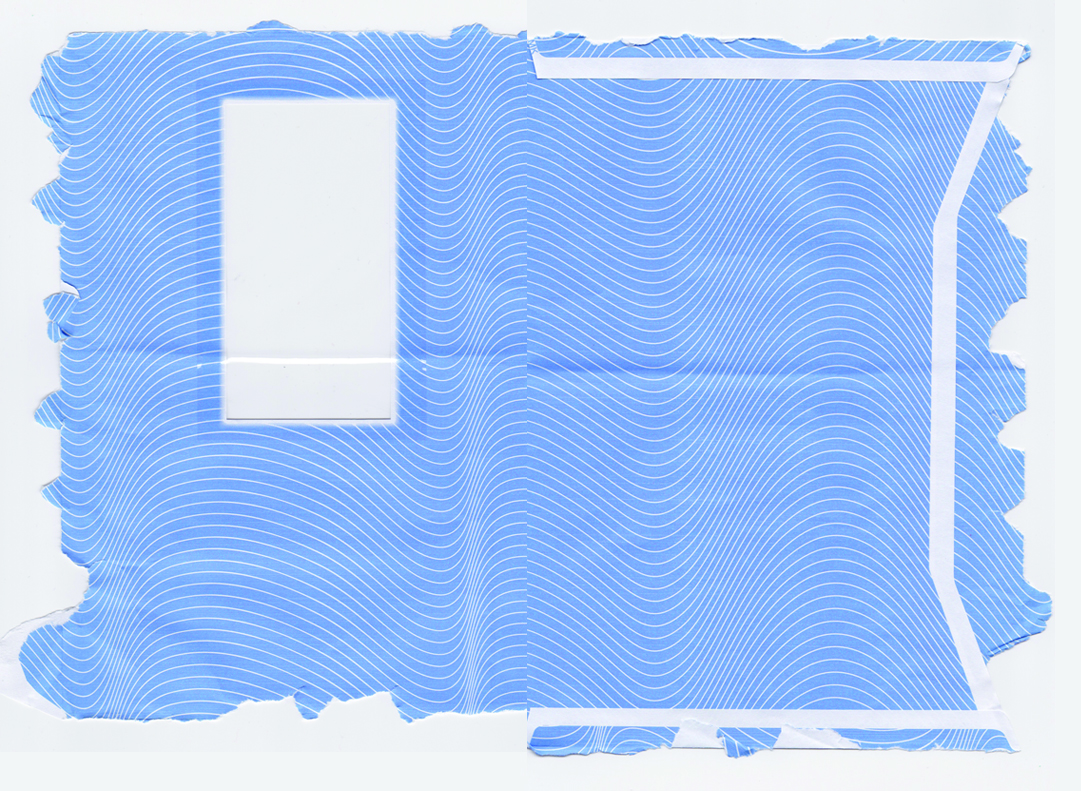All water wants to reach the sea,
she finally said, and sat down again. (1)
If my bed were a ship it would be waiting for the tide. On the land between two bodies of water, a canal and a river, I face the direction of the Sea as if I am waiting for the salt water to creep across the land and reach my toes. In a country that is below sea level, even when the sea is 20km away, there is a feeling it could lap at the doorstep. On the right side of me is the Delfshavense Schie, on the left the Nieuwe Maas. Both waterways meet each other in the east, and in the west eventually meet the North sea which lies between the UK and the Netherlands and upwards to Germany, Denmark, Norway, Scotland. The Delfshavense Schie, the smaller waterway, connects Delfshaven with Delft on an old man-made trade route.
On the Schie side I wait for the first ship of the day and read it’s name like a tarot card.
Union
Variant
Victory
In the Netherlands it goes without saying that what the sea takes, the Dutch can reclaim. Despite much of the country being below sea level, the system of creating polders and dykes which control the water allows humans to live and work on the land. This method of controlling the elements also lends its name to a dutch way of making political decisions. The ‘Polder model’ describes a process of continuing discussion until all persons have spoken their piece and eventually a middle ground or consensus can be reached. It is said to have this name because people traditionally had to set aside differences to maintain the dykes, ensuring the land remained liveable and workable. By some this is seen as a kind of flattening, a vision of ‘reasonableness’(3) which always defines racialised or ‘othered’ people as the embodiment of what is unreasonable.
Flattened
and
submerged.
Wat voorbijgaat, ontmoet. (What passes meets.)
Wat voorbijgaat, ont moet. (What passes must go.)
(A space which makes one word into two islands changes everything.)
My house speaks these words, written on the wall in iron to face the Delfhavense Schie. Speaks to the boats who cross paths. Speaks to the walkers and cyclists. Speaks to the line of trees and group of gulls. Passing like ships in the night.
These are the thoughts that ebb and flow, the stories that arrive by the phases of the moon, deep and rushing and slow and shallow. Have you ever stood on the shoreline facing the sea when there is a dense fog? The world becomes a sort of stage set, a flattened version of itself in which you are the main character who performs to no particular audience. I wrote this letter with different protagonists, with different words and voices in so many ways that it started to feel like being in the middle of that dense fog. Sort of safe and alienating at the same time.
Julia Blackburn(4) said she was drawn to write stories of the sunken Doggerland as a way to understand all that she had lost and all that she kept finding.
In a time when so much feels lost, submerged or out of reach, can Doggerland be a site for the ebb and flow of our constantly changing and complex needs? What does Doggerland allow us to learn about interconnectedness or isolation and the muddiness between the two? How do we find space for grief that is as much about beginning as about ending?
Dear friend,
On occasion I see these boats on both the Maas and the Schie, but do they travel far enough downstream to taste the sea?
The North sea is young. At one time, mainland Europe and the UK were joined by an area which has subsequently been named Doggerland. It's said(2) that the people who lived on the Doggerland found bountiful food and good weather, yet over the years as sea levels were rapidly rising, settlements were no longer possible and people were pushed together into smaller and smaller areas. Eventually Doggerland became uninhabitable, the sea claimed the land thus separating the landmass of Europe from the Islands of the UK.



I once lay down in the place where a river met the sea. With the slippery rocks rounded by the constant friction pressed to my back, I was situated in a moment of two different currents converging. As saltwater and freshwater greeted, it seemed as if my blood was circulating in both directions. There are stories that speak of the violence of two such forces meeting, yet this river wanted to reach the sea. If I shut my eyes, I can still feel the seaweed dance between my fingers.
“The burden
Of the
Waves crashing”
Said a friend on the phone to describe her anxiety. It is no coincidence that the inside of the envelopes which hold municipally mailed bills and debts are a blue repetitive undulating pattern like waves that gather momentum as they reach the shore.
I’m writing this letter across Doggerland.
The story of Doggerland is one of exhaustion, submersion, change, adaption.
The uncontrollable.
The invisible or uncovered.
(1) pg 98, River, Esther Kinsky
(2) https://www.nationalgeographic.com/magazine/article/doggerland
(3) Egbert Alejandro Martina: https://processedlives.wordpress.com/2015/09/14/finding-a-way-out-of-the-polder/#more-2003
(4) Julia Blackburn : https://www.bbc.co.uk/programmes/m000rlm3
An
Island
Mentality.
Tender
and
Intimate.
From across the water,
Jo